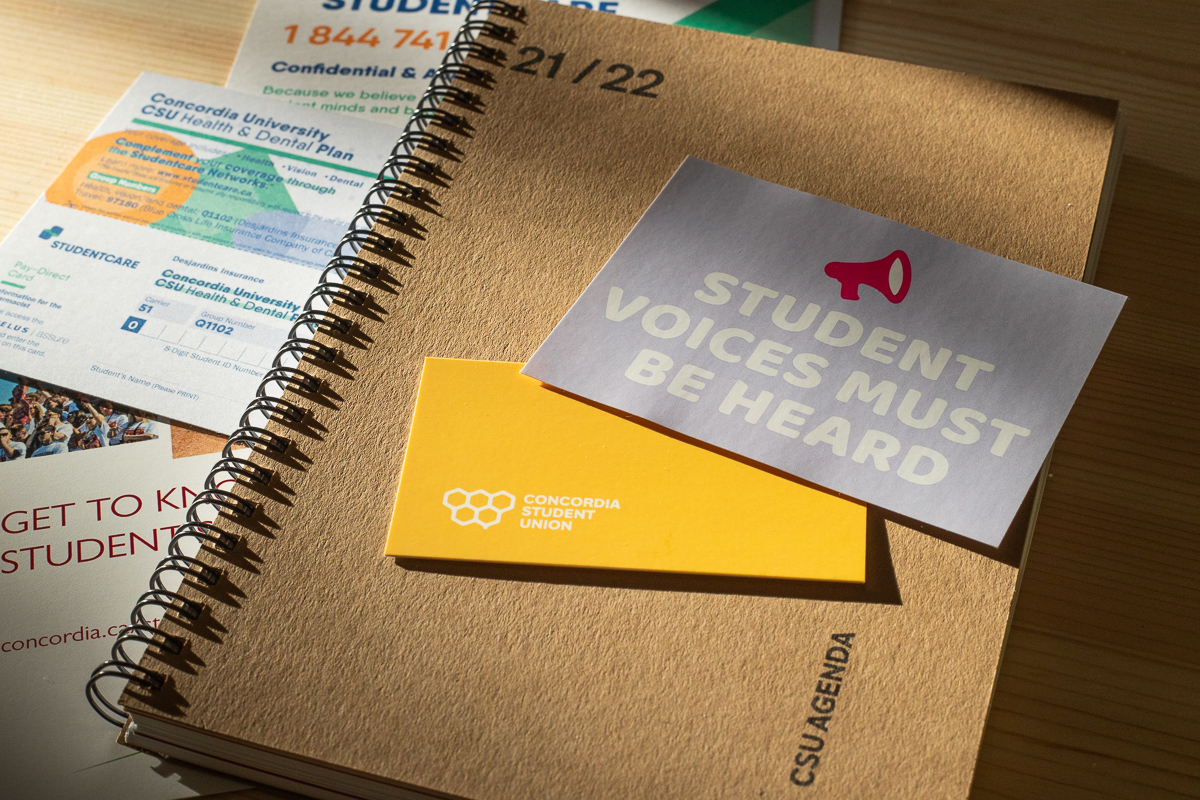The President’s Task Force has published its preliminary recommendations for ending anti-Black racism within the university.
First commissioned in 2020, the President’s Task Force on Anti-Black Racism has published its first report of preliminary recommendations. It includes a panoply of findings surrounding anti-Blackness at Concordia, as well as a dozen recommendations for the institution itself and for stakeholders, specifically Black students and faculty.
The report’s findings
The first section of the report is dedicated to the specific findings unearthed by the Task Force in the past year. Initially, it was challenging to determine the total number of Black students and faculty at Concordia. There has been a lack of infrastructure to uncover statistics and data on this issue. Looking into hiring discrepancies, the report revealed that there were very few Black faculty members, and that there was an issue in the turnover rate, however no numbers were shared in the report. The report also found gaps in curriculum and anti-racism training, and that there is a lack of funding towards projects by and for Black Concordians. Several other pertinent findings were identified as well.
Institution-based recommendations
In the second section of the report, the commission broke down its six primary recommendations on the institutional level: this means anti-racist policies that would be integrated directly into the university. The first of these recommendations is to involve the Office of the Vice-Provost, Faculty Development and Inclusion, the Equity Office, and the Office of Institutional Planning and Analysis, among others, in the process of accurate data collection. The second is to hire more Black faculty members so that Concordia’s population would be better represented in its faculty — this would also mean finding ways to diminish turnover. The third recommendation concerns the creation of anti-Black racism training and workshops for both students and staff, which would become mandatory. The next recommendation is the creation of certificates and minors in Black history, Black Canadian studies, and African diaspora studies. The last two institution-based recommendations are about making resources on Black perspectives permanent at the university and widening library resources by Black authors and scholars. By ingraining pro-Black policies into the system at Concordia, the commission believes the university could see more racial equality.
Stakeholder-based recommendations
The third section of the report contains six more recommendations to fight anti-Blackness. Where these differ from the last six is that they are directly and explicitly focused on the primary stakeholders in this issue: Black students and faculty members. The first recommendation is to implement changes within campus security, which would prioritize de-escalation. The second is the development of mental health services specifically tailored for Black students. The third and fourth recommendations are the creation of a permanent centre for Black Concordians and the implementation of culturally specific mentorship programs respectively. The fifth is the development of a concrete plan for increasing financial support for Black students, both local and international, as well as for the development of Black studies courses and programs. The final recommendation made by the committee is to “provide public recognition of the presence and contributions of Black Concordians over the course of Concordia’s history.” This would be done via the implementation of permanent monuments to the university’s long-standing Black history.
The Task Force has spent the past year developing solutions by speaking with Black student groups and faculty members. The full report will be made available by the summer of 2022. Near the end of the report, Task Force members explained why the implementation of these recommendations is so crucial.
“Ongoing exchanges with all university stakeholders must continue to facilitate implementation, provide a structure for long-term ally support and offer a clear framework for Black excellence among faculty, staff and students, allowing them to be fully invested in their futures at Concordia.”
Photograph by Catherine Reynolds
